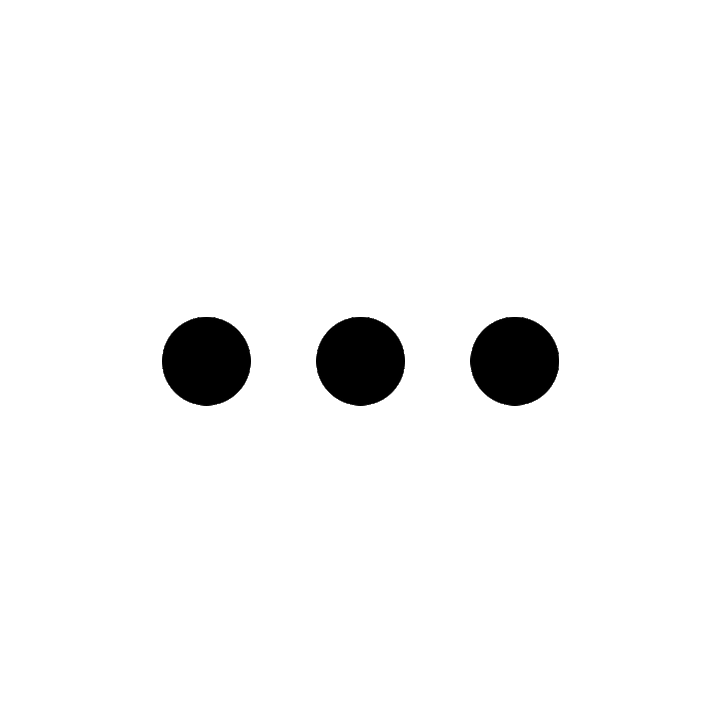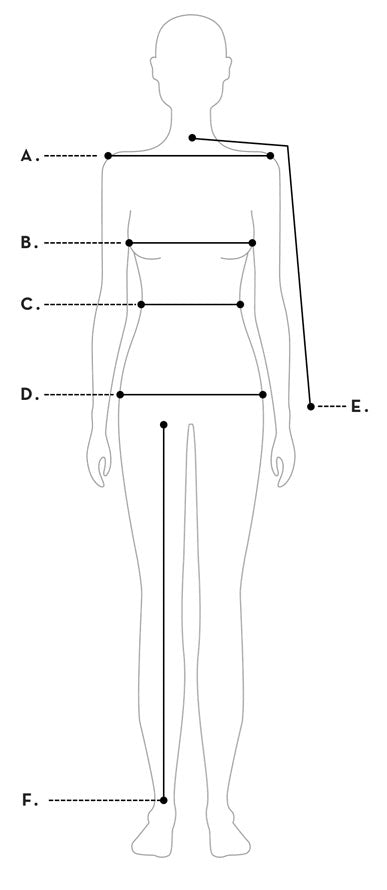Breast Cancer Alliance
Chaunté Lowe, Olympic Champion & Breast Cancer Survivor"Keep pushing until you are 100% satisfied."
As a four-time Olympian and the American record- holder in women's high jump, Chaunté Lowe knows a thing or two about grit. But she's not talking about her perseverance in nabbing the bronze in Beijing here—or the three World Championship medals she's picked up through the years. Lowe is talking about her battle with breast cancer.
In 2018, she went to her doctor about a small lump in her chest and was swiftly dismissed. At 34, she was too young, too fit, he told her. Still she persisted, and that tenacity saved her life.
After further screenings, Lowe was diagnosed with triple-negative breast cancer, an aggressive form of cancer that disproportionately affects Black women. Because this cancer cell lacks estrogen and progesterone receptors as well as the HER2 protein—hence the triple negative—there are fewer treatment options available. Thankfully, Lowe caught the cancer on the early side and was able to undergo a double mastectomy and chemotherapy, the latter of which, by the way, she did while training for the Tokyo Olympics.
Today, Lowe continues to inspire others as a motivational speaker and corporate coach. "At every speaking engagement, someone always comes up to me with tears in their eyes to tell me they were recently diagnosed or a survivor," says the mom of three. "Being able to spread awareness and share my story so people don't feel they’re in this alone—that's so rewarding.”

Photographs courtesy of Chaunté Lowe
Q&A
Triple-negative breast cancer tends to be more aggressive and is more prevalent in African-American women. There's less research on it so treatment options aren't as advanced either. And because it's more aggressive, it tends to be found at later stages and, when that happens, the mortality rate worsens. Luckily for me, I found my cancer very early on.
Initially, I was misdiagnosed. I felt a nodule under my skin, between my collarbone and breast, and went to my doctor, who told me it was just a lymph node. "You're young, you're healthy," he said. "Don't come back for six years." Eleven months later, I still felt the same nodule and asked for a second mammogram and a diagnostic ultrasound. They didn't want to give it to me because of my age. But I pushed and pushed and was ultimately able to get it. That's what prompted the biopsy.
Always listen to your body. Monitor any changes. Keep pushing until you are 100% satisfied. Even though, initially, I was excited to hear that I didn't have breast cancer, there was still something in the back of my mind that made me feel uneasy. Under my fingertips, I could feel the nodule growing. So if it doesn't make sense to you, keep going back and ask questions until it does. And if you have a doctor who's not listening to you, you have the freedom to find one that will.

The 2016 US Olympic Trials
I was fortunate to have an oncologist who supported the idea of exercise. It gave me a bit of control over what I was going through and I also knew that my doing it for the Olympics would spread the message about breast cancer and early detection. So I chose to train through chemotherapy for other people—and that made me feel good.
Give yourself the grace to be patient with yourself. I tried to do as much as possible toward the beginning—friends who had been through chemo told me that each round feels progressively more intense. I also listened to my body. I found I had the most energy on chemo days—the effects wouldn't kick in till the next day—so after treatment, I would go home and get a workout in. Some days, I could only scoot along with my walker—and that was okay.
Don't go it alone; surround yourself with positive people. Before cancer, I prided myself on my independence. But after I was diagnosed, I felt stronger when I allowed myself to rely on my community and the people around me. When you do that, you're able to heal, recover and process the emotions you are going through.
And words of wisdom for mothers going through this? How did you tell your kids?
We told our children as much as they needed to understand what was going on—but not fill them with fear. We were very clear it was cancer, but also that it was treatable and that there were options. We explained every process before it happened. Remember the bald iPhone filter? We played with that ahead of time so they would be comfortable with my hair loss. We also made sure to have family time and tried to keep things as normal as possible.

Lowe after beginning chemotherapy in 2019

